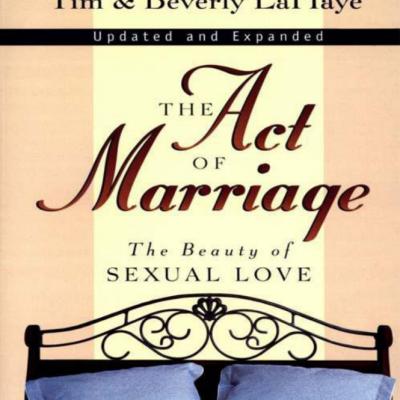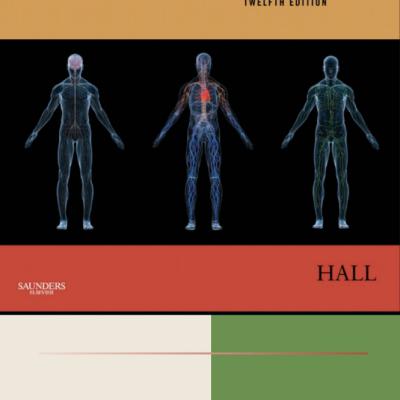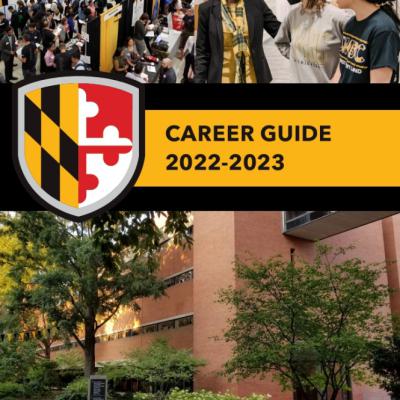Another Kind of Learning
ART MEANS TO put everything in its right place. That is, the art of listening is to listen to what is said without comparing it with what already you know. If you compare what you listen to, you distort it. You have already accepted the old, and you put the new into the old bottle. So can you listen without comparing or translating, but actually listen to the words, meaning, and significance? Can you listen without saying the Gita, the Upanishads or some other book says that? Absolute listening is very difficult for most people because they have never learnt the art of listening. Listen to those crows. Don’t resist but listen with your heart. Listen to the words, the meaning of the words and the significance behind the words, and thereby have an insight into what is being said. Insight is not that you intellectually understand or verbally comprehend what is being said, because truth is something that lies beyond the word. This is the art of listening.
Then there is the art of seeing. We see things through the picture we have created about it. When you look at a tree, you don’t look at the tree; you look through the word and image you have about the tree – the same when you look at a person. You are sitting looking at me. Are you looking at me through the image you have built – the reputation, the knowledge that you have about me or what I have said? If you have no image or conclusions about the speaker, you are observing actually what is, not the name and the form, but behind that, what actually is. That is the art of seeing, observing.
Is there another way of acting without the accumulation of knowledge?
Then there is the art of learning. Learning is a great problem. That is, we learn in school, college and university. We store up knowledge and act from that knowledge, skilfully or not skilfully. You store up knowledge as a mathematician, biologist or physicist and then proceed. If you want to be an engineer, you learn about stresses and strain, about mathematics, and having accumulated knowledge you proceed. That is one form of learning. The other is to act and learn. That is what the communists propose: go out and learn through action. Both are the same because they act from knowledge. Having acquired knowledge, they act. Learning and acting, acting and learning, both imply cultivation of memory and knowledge. And so gradually the brain becomes mechanical. It has accumulated knowledge. It meets the present, modifies that knowledge, and goes on. It is always acting in the field of knowledge, which is in the field which is known. Knowledge is always in the past, and so human beings live in the past. If you observe your own life, you will see how practically everything is from the past – the remembrances, the hurts, the insults, the tradition.
There is another kind of learning, which is much more difficult, something entirely different. When you see the effect of knowledge, that it makes the brain mechanical, living in a very limited field, with mechanical action and relationship, saying there is a God, or there is no God, all the rituals and traditions – when you see the effects of knowledge on the brain, when you have an insight into it, you act from insight, not from knowledge.
Knowledge is necessary. When you go to the office or factory or do anything, you must have knowledge. You have knowledge when you drive a car or speak. But we are always acting from knowledge, and therefore life becomes more and more mechanical. If you are at all aware of what is happening around you and in yourself, you are bound to notice this. So, is there another way of acting without the accumulation of knowledge? Which is to have an insight into the effect of knowledge.
So there is the art of listening and the art of observing – the tree, the birds and yourself, not in the mirror only but observing what you are, what you think, without any distortion. That is, to observe what actually is, not what it should be. The what should be is non-observation; it is non-existent. To observe exactly ‘what is’ is the art of observing. And learning, as we pointed out, is to see the effect of knowledge and have an insight into it. When you have an insight into it, there is a totally different kind of action, instant action.





